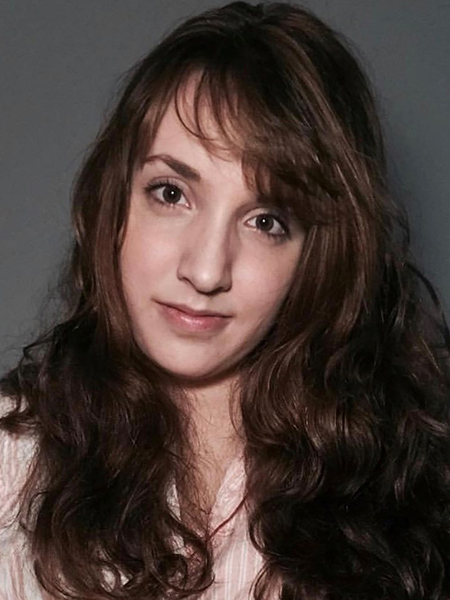Two students selected for NSF Graduate Research Fellowship Program
Two graduate students in the School of Aeronautics and Astronautics were selected for the prestigious National Science Foundation Graduate Research Fellowship Program.

Derrick Charley and Ann Marie Karis received the oldest graduate fellowship of its kind. Established in 1952, the NSF GRFP recognizes and supports outstanding graduate students in NSF-supported science, technology, engineering and mathematics disciplines who are pursuing research-based master’s and doctoral degrees at accredited U.S. institutions, according to its website.
The five-year fellowship period provides three years of financial support, including an annual stipend of $34,000 and a $12,000 cost-of-education allowance for tuition and fees. The fellowship also provides access to opportunities for professional development.
For her graduate research assistantship, Karis is working on a collaborative project that spans several institutions. The Virtual Super-Resolution Optics with Reconfigurable Swarms mission is composed of two cubesats flying in a configuration with 40 meters between them. The spacecraft need to be that close for the novel camera on board to work, Karis said.
The goal of the mission is to investigate energy-release sites in the solar corona by producing images. So far, Karis has been modeling cubesat plume interactions and aerodynamic drag using the Direct Simulation Monte Carlo code, SPARTA.
The Graduate Research Fellowships Program will support the research Karis is doing as part of her graduate research assistantship.
“My NSF GRFP fellowship will enable me to develop a consistent modeling of plasma-assisted microcombustion systems using Direct Simulation Monte Carlo open-source code, SPARTA. This has never been done before as microcombustion is normally modelled using continuum models,” said Karis, whose advisor is AAE Professor Alina Alexeenko. “This wildly overlooks the particle-on-particle microscale effects. I am very grateful and fortunate to have been chosen as an NSF GRFP Fellow and am thankful for all the help I have had along the way.”
